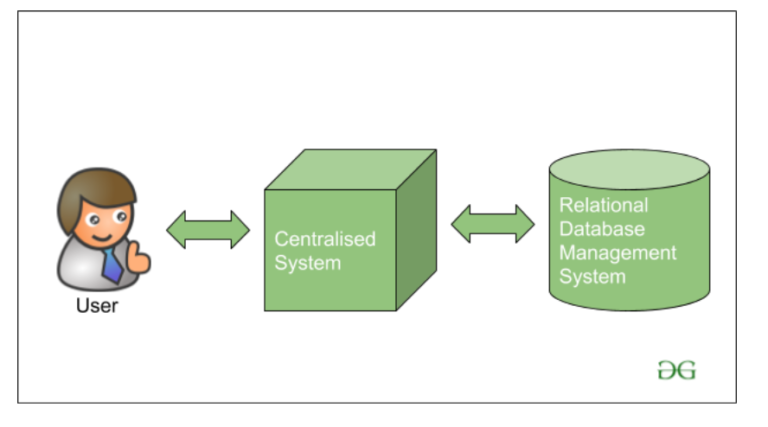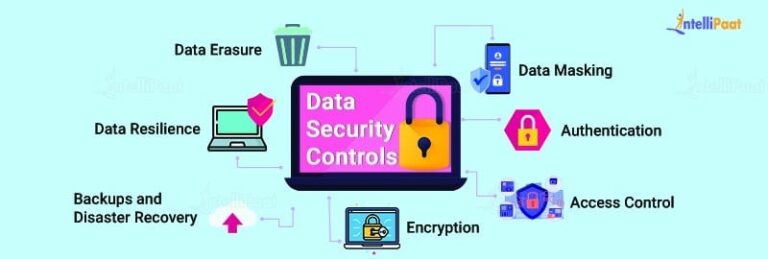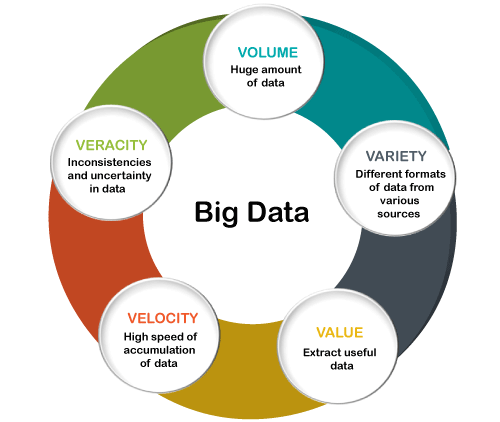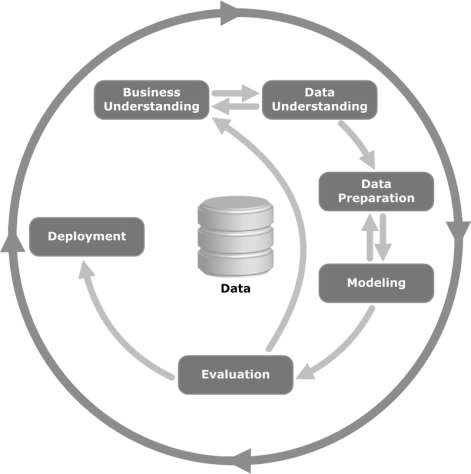What Is Big Data Platform?
Big Data Platform is a comprehensive technology platform designed to store, process, and analyze large volumes of data. It is used to gain insights from vast amounts of data and make better, informed decisions. It is an advanced form of data management that combines a variety of technologies such as distributed computing, databases, analytics, and visualization. Big Data Platforms are used in a variety of industries, from finance and healthcare to retail and e-commerce, to gain insights from large datasets. It is essential for any organization that needs to make better and faster decisions based on large amounts of data.
What is Big Data?
Big Data is a term used to describe the immense amount of data generated by the ever-growing digital world. This data consists of structured and unstructured data sets from a variety of sources including social media, sensors, web logs, and much more. Big Data can be used to identify patterns and trends that can help organizations to make better decisions, gain insights, and develop strategies. Big Data is a powerful tool that can help organizations improve customer service, streamline operations, and boost profits. It can also be used to help predict future events, uncover hidden relationships, and identify opportunities. It is an invaluable resource that provides organizations with the tools they need to succeed in an increasingly competitive business landscape.
The Benefits of Big Data Platform
Big data platforms can provide a variety of benefits to a business or organization. By leveraging the power of large datasets, organizations can gain valuable insights into customer behavior, operational efficiency, and market trends. Additionally, big data platforms can be used to monitor and predict outcomes, as well as to create predictive models. Furthermore, these platforms can be used to optimize processes and create new products and services. By utilizing the power of big data, organizations can improve their decision-making capabilities and gain a competitive edge in the marketplace. Thus, big data platforms are an invaluable tool for any business or organization.
What are the Components of a Big Data Platform?
Big Data platforms are complex systems that bring together multiple components to process and analyze large amounts of data. At the heart of a Big Data platform is the data store, which holds all of the data that needs to be analyzed. Other components include a data processing engine, which runs the analysis and generates insights, as well as tools for data visualization and reporting. Additionally, Big Data platforms typically include software for automating data pipelines, tools for data security and access control, and frameworks for data governance and compliance. By leveraging these components, organizations can gain valuable insights from their data and make informed decisions.

How to Choose the Right Big Data Platform?
Choosing the right Big Data platform for your business is an important decision, as it affects the scalability, performance, and cost of your data management infrastructure. With the wide range of Big Data solutions available in the market, it can be difficult to determine the best option for your needs. To make the right decision, it’s important to understand the basics of Big Data, the various platform types, and their respective advantages and disadvantages. You should also consider the cost of the platform, the security features, and the ability to integrate with existing systems. Additionally, user-friendliness, scalability, and the availability of support services should also be taken into consideration. By taking the time to understand the available options, you can make an informed decision and choose the Big Data platform that best suits your organization’s specific requirements.
Security Considerations for Big Data Platforms
Big data platforms are a powerful tool for organizations to store, analyze, and use large amounts of data. However, with great power comes great responsibility. It is essential to consider security considerations when leveraging big data platforms. Security concerns can include authentication and authorization, data privacy and access controls, audit logs and monitoring, and data security and encryption. By taking into account these security considerations, organizations can ensure that their big data platform is secure and used responsibly.
Big Data Platform Use Cases
Big Data Platforms are revolutionizing the way organizations manage and analyze their data. Their vast capabilities enable organizations to unlock insights that were previously unavailable. With the help of Big Data Platforms, organizations can maximize their data potential by leveraging the various use cases available. Use cases range from predictive analytics and machine learning to customer segmentation and sentiment analysis. Big Data Platforms also allow organizations to quickly and easily integrate data from multiple sources, enabling them to gain valuable insights into their customer base and operations. With the help of Big Data Platforms, organizations can gain a deeper understanding of their customers, operations, and market trends, and make more informed decisions.
FAQs About the What Is Big Data Platform?
Q1. What is a Big Data Platform?
A1. A Big Data Platform is a comprehensive set of tools and technologies which enable organizations to store, process, and analyze large volumes of data. It provides powerful tools for data processing, data optimization, data integration, data analytics, and data visualization.
Q2. What are the benefits of a Big Data Platform?
A2. Big Data Platforms allow organizations to quickly and accurately process large volumes of data in order to gain insights and make informed decisions. It also helps organizations reduce costs associated with storage and processing of data, as well as eliminate the need for manual data processing.
Q3. What are the components of a Big Data Platform?
A3. The components of a Big Data Platform typically include a data ingestion layer, a data storage layer, a data processing layer, a data analytics layer, and a data visualization layer. It also includes tools and technologies such as Apache Hadoop, Apache Spark, Apache Kafka, Apache Hive, and Apache Storm.
Conclusion
In conclusion, the Big Data Platform provides a comprehensive data-driven solution to store, manage, and process large volumes of data. It enables organizations to quickly and efficiently analyze, visualize, and access critical data for faster decision-making. It also helps them to identify the valuable insights from their data and make informed decisions. Thus, the Big Data Platform is a valuable asset for businesses in today’s data-driven world.






